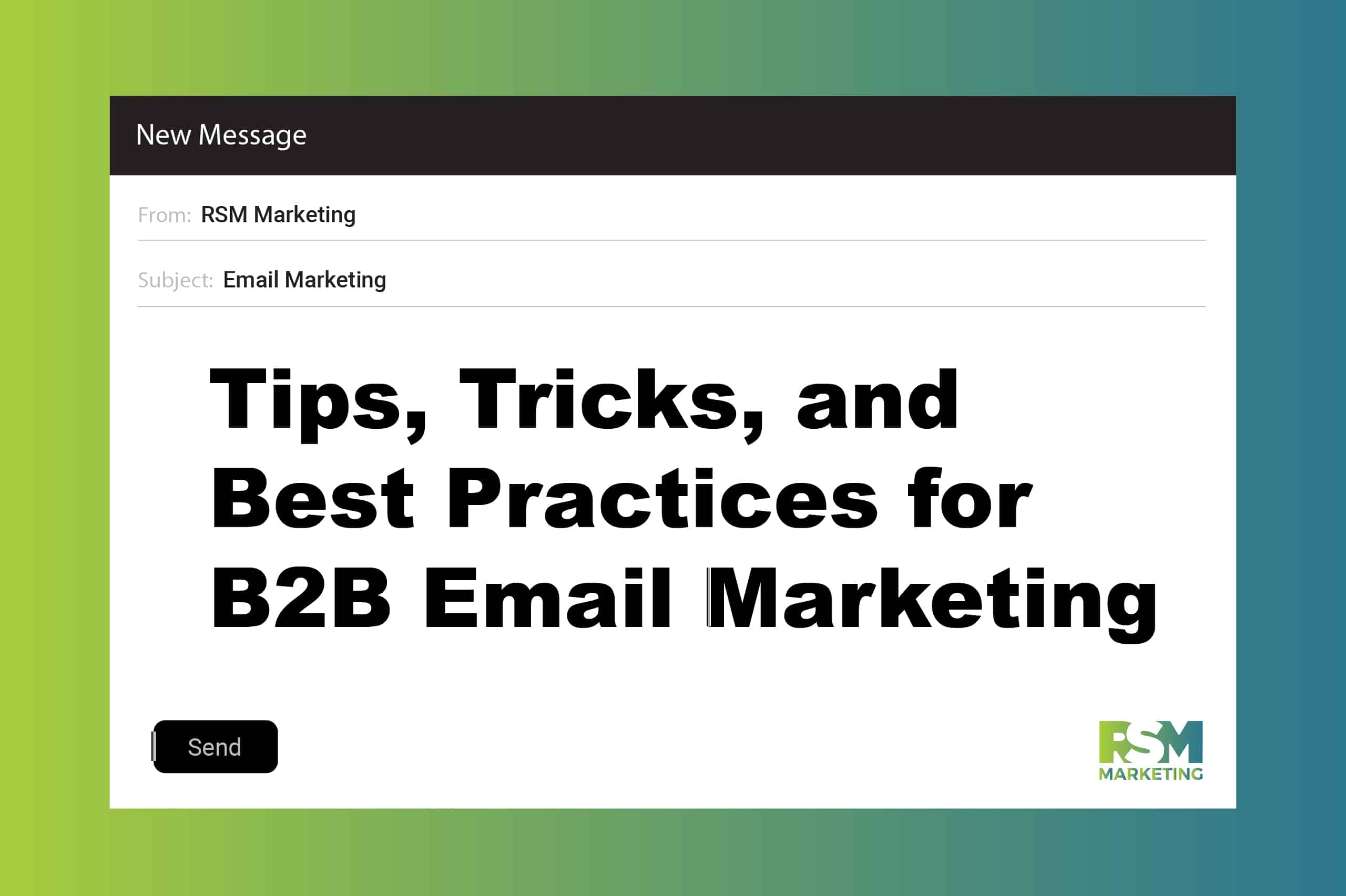Marketing Insights

Understanding Outsourcing in Marketing
In the dynamic world of business, outsourcing has emerged as a pivotal strategy for companies aiming to enhance their marketing prowess. This trend is fueled by the need to stay agile and competitive in a rapidly evolving marketplace. Outsourcing enables businesses to tap into a reservoir of external expertise, cutting-edge technology, and innovative strategies. It’s more than just a cost-cutting measure; it’s a strategic decision that can redefine how a business engages with its audience. Companies are increasingly recognizing the value of integrating external talents who bring fresh perspectives and specialized skills to their marketing efforts. This approach allows for a more robust and diverse marketing strategy that can adapt swiftly to market changes and consumer trends.
Current Trends in Marketing Outsourcing
The landscape of marketing is currently undergoing a significant transformation, primarily driven by technological advancements and an increasing demand for specialized skills. This shift is redefining traditional marketing approaches, as companies seek to outsource various aspects of their marketing functions. From digital marketing to content creation, businesses are looking to external agencies to fill gaps in expertise and gain access to tools and techniques that might be beyond their internal capabilities. This trend is not just about delegating tasks; it’s about forging partnerships that can bring in innovative ideas and approaches, thus broadening the scope of what businesses can achieve in their marketing endeavors.
Benefits of Outsourcing Your Marketing Department
Cost Efficiency and Budget Management
Outsourcing marketing functions presents a compelling financial advantage for businesses. It allows companies to significantly reduce their expenses by avoiding the costs associated with maintaining a full-time, in-house marketing team. This includes savings on salaries, benefits, training, and infrastructure. Moreover, the flexibility to engage specialized talent on a need basis offers greater control over budget allocation. This financial agility is particularly beneficial for small to medium-sized businesses that need to maximize their resources without compromising on the quality and scope of their marketing strategies.
Access to Specialized Skills and Latest Technologies
One of the most significant advantages of outsourcing is the access it provides to specialized skills and the latest marketing technologies. Outsourced teams are often at the forefront of marketing innovations, equipped with a deep understanding of the latest tools, platforms, and strategies. This access is invaluable in a landscape where digital marketing trends and technologies evolve rapidly. By partnering with agencies that specialize in specific areas of marketing, companies can leverage expertise that might be scarce or unavailable in-house. This not only enhances the effectiveness of marketing campaigns but also provides businesses with a competitive edge in their respective markets.
Scalability and Flexibility in Marketing Efforts
Outsourcing marketing functions offers unparalleled scalability and flexibility, enabling businesses to adjust their marketing efforts in response to market dynamics and business needs. This adaptability is crucial in an environment where consumer preferences and market trends can change rapidly. Companies can scale their marketing operations up or down without the constraints typically associated with expanding or reducing an in-house team. This flexibility extends to experimenting with new marketing strategies or channels without committing long-term resources until their effectiveness is proven. This aspect of outsourcing is especially beneficial for companies in growth phases or those operating in highly dynamic industries.
Focus on Core Business Activities
Outsourcing marketing allows companies to realign their focus on core business activities, which is essential for growth and sustainability. By entrusting marketing to external experts, businesses can dedicate more time and resources to areas like product development, customer service, and strategic planning. This reallocation of resources often leads to enhanced productivity and allows companies to capitalize on their core competencies. Moreover, the peace of mind that comes from knowing that marketing efforts are being handled by professionals can significantly reduce stress and operational complexity for business owners and managers.
Benefit from External Market Insights
Outsourcing marketing functions not only provides access to specialized skills but also offers the benefit of external market insights. External marketing teams bring a fresh perspective, often uncovering new market opportunities and customer segments that may go unnoticed within an insular corporate environment. Their exposure to diverse industries and marketing strategies enables them to offer unique and innovative solutions. This external viewpoint is crucial for developing marketing strategies that are both creative and effective, helping businesses to stand out in a crowded market. These insights can be pivotal in fine-tuning a company’s marketing approach, leading to more targeted and successful campaigns.
Challenges and Considerations in Outsourcing
Loss of Control and Communication Barriers
One of the challenges of outsourcing is the potential loss of control over marketing activities. Companies may feel detached from the strategic process and execution of their marketing campaigns. Additionally, communication barriers can arise, stemming from differences in time zones, language, or corporate culture. These challenges necessitate a careful selection of outsourcing partners and the establishment of clear communication channels. It’s important to find a balance between delegation and oversight, ensuring that the outsourced team aligns with the company’s vision while still offering their unique expertise and perspective.
Quality Assurance and Consistency
Ensuring consistent quality and aligning outsourced marketing efforts with the company’s brand values and standards can be challenging. There is a risk that the outsourced team might not fully grasp the essence of the brand, leading to inconsistencies in messaging and customer experience. To mitigate this, companies should engage in thorough onboarding processes for their outsourcing partners, clearly communicating their brand guidelines and expectations. Regular reviews and feedback loops can also help maintain the quality and consistency of marketing outputs, ensuring they meet the company’s standards and objectives.
Cultural and Strategic Misalignment
A potential pitfall of outsourcing is the risk of cultural and strategic misalignment between the company and the outsourced agency. Differences in corporate culture, work ethics, and strategic priorities can lead to friction and misunderstandings. This misalignment can significantly affect the effectiveness of marketing campaigns. To avoid this, companies should invest time in finding an outsourcing partner whose values and strategic approach align with their own. This alignment is critical for a harmonious and productive relationship that enhances the effectiveness of marketing efforts.
Dependence on External Agencies
An over-reliance on external agencies can leave companies vulnerable to fluctuations in vendor performance and availability. This dependence can become a risk if the outsourcing partner faces issues such as staff turnover, changes in management, or service discontinuation. To mitigate this risk, it’s advisable for companies to maintain a level of in-house marketing expertise or to work with multiple agencies. This approach ensures continuity in marketing efforts and reduces vulnerability to external factors.
When to Outsource Your Marketing Department
Assessing Your Company’s Needs and Capabilities
Deciding to outsource your marketing requires a careful assessment of your company’s current needs and capabilities. It’s crucial to analyze your internal resources, including staff skills, technology, and budget, to determine what aspects of marketing can be managed in-house and what should be outsourced. This assessment should consider not only current capabilities but also future goals and the potential growth trajectory of the business. Understanding these elements helps in identifying the gaps that an external agency could fill, ensuring a more targeted and efficient approach to outsourcing.
Evaluating Current Marketing Performance
A thorough evaluation of the company’s current marketing performance is essential before deciding to outsource. This analysis should look at the effectiveness of existing marketing campaigns, the return on investment (ROI) of marketing efforts, and the alignment of marketing strategies with business objectives. Identifying areas of strengths and weaknesses helps in pinpointing specific aspects of marketing that would benefit most from outsourcing. This step is critical in making an informed decision that aligns with the company’s overall strategy and objectives.
Understanding the Scope of Required Marketing Services
It’s important for businesses to clearly define the scope of marketing services they need to outsource. This could range from specific projects like a social media campaign or SEO optimization to comprehensive marketing strategies encompassing various channels and tactics. A clear understanding of the required services helps in selecting the right outsourcing partner and in establishing a framework for collaboration. It also ensures that the outsourcing efforts are focused and aligned with the company’s strategic goals.
How to Choose the Right Marketing Outsourcing Partner
Identifying Key Qualities and Expertise
Selecting the right outsourcing partner is crucial and should be based on their expertise, especially in areas where your business needs the most support. It’s important to identify a partner who has proven skills in specific marketing domains relevant to your business needs. This includes assessing their understanding of your industry, the target audience, and the marketing channels that are most effective for your sector. Look for partners who not only offer the necessary skills but also demonstrate a commitment to staying abreast of the latest trends and technologies in marketing.
Evaluating Track Record and Client Testimonials
A credible outsourcing partner will have a solid track record and positive testimonials from past and current clients. These references are valuable in gauging their ability to deliver consistent results and in understanding their approach to client relationships. Look for case studies or examples of previous work that align with your marketing needs. This evaluation helps in assessing their expertise and reliability, ensuring that you choose a partner capable of meeting your marketing objectives.
Communication and Compatibility Assessment
Effective communication is key in any outsourcing relationship. Assess potential partners for their communication skills, responsiveness, and compatibility with your company’s culture and values. This includes evaluating their approach to project management, reporting, and handling feedback. A partner who is aligned with your company’s communication style and values is more likely to foster a productive and collaborative working relationship.
Cost vs. Value Analysis
While cost is a significant factor in choosing an outsourcing partner, it’s crucial to weigh it against the value provided. The cheapest option may not always be the best when it comes to achieving long-term marketing goals. Consider the potential return on investment and the quality of services offered. A balance between cost efficiency and high-quality marketing services is key to a successful outsourcing partnership.
The Process of Outsourcing
Setting Clear Goals and Expectations
Before beginning an outsourcing partnership, it is essential to establish clear goals and expectations. This clarity helps in aligning the efforts of the external team with the company’s objectives. Clearly defined goals also provide a benchmark for measuring the success of the outsourcing initiative. It’s important to communicate these objectives effectively to the outsourcing partner, ensuring that both parties are working towards a common vision. This can include specific targets, desired outcomes, timelines, and any key performance indicators (KPIs) that will be used to assess progress.
Drafting a Comprehensive Outsourcing Contract
Creating a comprehensive contract is a critical step in the outsourcing process. This contract should clearly outline the scope of services, deliverables, timelines, payment terms, and any confidentiality agreements. The contract serves as a legal framework that protects the interests of both parties and provides a clear reference point in case of any disputes or misunderstandings. It should be detailed and explicit, covering all aspects of the partnership to ensure a smooth and transparent working relationship.
Establishing Effective Communication Channels
Effective communication is fundamental to the success of any outsourcing relationship. It’s important to establish regular and clear communication channels between your company and the outsourcing partner. This might include scheduled meetings, progress reports, and a designated point of contact for day-to-day communication. These channels ensure that both parties are consistently updated on the progress of marketing efforts and any challenges or changes that arise. Regular communication also facilitates timely feedback and adjustments, ensuring that the marketing campaigns remain aligned with the company’s goals.
Continuous Monitoring and Feedback Loop
Regular monitoring and a structured feedback loop are essential for assessing the performance of the outsourcing partner. This process involves tracking the progress of marketing campaigns against the set goals and providing constructive feedback to the external team. Regular evaluations help in identifying areas that require improvement and in making necessary adjustments. This ongoing monitoring ensures that the marketing efforts are effective and continue to align with the company’s strategic objectives.
Integrating Outsourced Marketing with In-House Teams
Building a Collaborative Environment
Creating a collaborative environment between in-house teams and outsourced partners is key to achieving cohesive and effective marketing strategies. Encouraging open communication and teamwork ensures that both internal and external teams are working harmoniously towards shared goals. This collaboration can lead to a more integrated approach to marketing, leveraging the strengths and expertise of both in-house and outsourced members. Establishing a collaborative culture also fosters mutual learning and knowledge sharing, benefiting both the company and the outsourcing partner.
Maintaining Brand Consistency and Vision
Ensuring that outsourced marketing efforts align with the company’s brand consistency and vision is crucial. It’s important that the external team understands and adheres to the company’s branding guidelines, tone of voice, and overall strategic direction. Regular training sessions and updates can help in maintaining this consistency. This alignment is essential to ensure that all marketing initiatives, whether conducted in-house or through an outsourcing partner, present a unified and coherent brand image to customers.
The Future of Marketing Outsourcing
Emerging Trends and Technologies
The future of marketing outsourcing is being shaped by emerging trends and technologies such as artificial intelligence (AI), data analytics, and digital marketing platforms. These advancements are transforming the way marketing is conceptualized and executed, offering new opportunities for innovation and efficiency. Staying abreast of these trends and incorporating them into outsourcing strategies will be crucial for companies looking to maintain a competitive edge. This future-oriented approach can help businesses leverage the full potential of outsourced marketing in an increasingly digital and data-driven world.
Predictions for the Outsourcing Industry
The outsourcing industry is expected to continue evolving, with a growing emphasis on strategic partnerships and collaborative models. This evolution will likely include a more integrated approach, where outsourcing partners are seen as an extension of the in-house team rather than as external service providers. The focus is anticipated to shift towards building long-term relationships that are mutually beneficial and centered around shared goals and values. As the industry evolves, companies will need to adapt their outsourcing strategies to stay aligned with these changes and to maximize the benefits of their external partnerships.
Making an Informed Decision on Outsourcing Marketing
Concluding this discussion, it’s evident that the decision to outsource marketing should be made with careful consideration of the benefits and challenges. Companies need to assess their internal capabilities, understand their marketing needs, and choose the right outsourcing partner to ensure success. It’s about finding a balance between internal and external resources, aligning with strategic goals, and staying adaptable in a rapidly changing marketing landscape.
Key Takeaways and Final Thoughts
In summary, outsourcing your marketing department can offer numerous benefits including cost efficiency, access to specialized skills, and increased flexibility. However, it also comes with challenges such as potential loss of control, quality assurance issues, and the need for careful partner selection. The key to successful outsourcing lies in setting clear goals, establishing effective communication, and maintaining a continuous monitoring and feedback loop. As the marketing landscape continues to evolve, outsourcing will remain a strategic tool for businesses looking to enhance their marketing efforts and stay competitive.
Want Some Help?
That’s what we’re here for! Whether you need some guidance on moving in the right direction or a whole lot of marketing muscle—the experts at RSM Marketing can make it happen.
Start with a simple conversation! Complete the form and one of our team members will be in touch.



